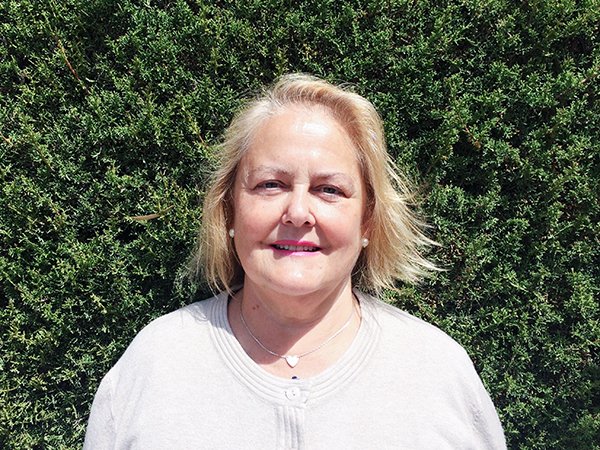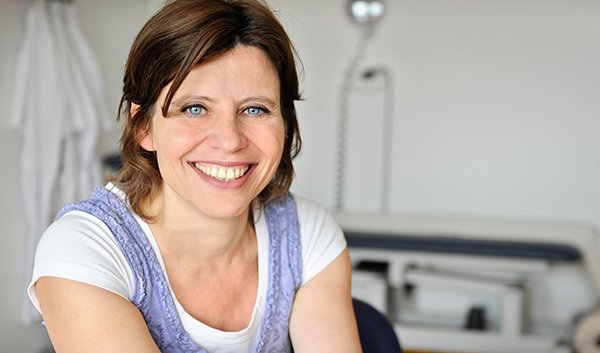"I am very excited to begin this groundbreaking trial," said coordinating clinical investigator Dr. María José Sancho-Tello, Hospital Universitario La Fe, Valencia, Spain. "Clinical factors linked to CRT response seem to be more present in women when compared to men, but this has not yet been proven. With the proper patient selection, we want to discover if women do indeed respond better to CRT."
In order to examine the interrelationship between gender, baseline clinical factors and CRT response, BIOWOMEN will enroll an even ratio of 247 patients of each sex in 25 centers in nine countries worldwide. Enrolment will take place over two years. There will be a one year follow-up, with results expected in 2018. The primary endpoint is response to CRT by measuring the left ventricular ejection fraction. Important secondary endpoints are baseline clinical factors, their relation to response, and QRS-complex related to CRT response.
Usually women are underrepresented in CRT and HF trials, constituting only 25 to 30 percent of patients enrolled. Nevertheless, relevant CRT trials such as MADIT CRT and CARE-HF have shown that clinical factors favoring CRT response are more present in women than in men, such as non-ischemic cardiomyopathy, hypertension, diabetes and intra-ventricular dyssynchrony.
The current disproportion of female patients in CRT and HF trials is the result of a combination of factors. Co-coordinating clinical investigator of BIOWOMEN, Dr. Lieselot van Erven, LUMC, Leiden, Holland, explained: "Women with HF also tend to have more atypical symptoms when compared to men, such as acute ischaemia.
This leads to delayed diagnosis and delayed opportunities for CRT in general." Dr. van Erven went on to say that confirming the effectiveness of CRT in women is of great importance for the female HF population and will give physicians more insight in the selection criteria. "This study could contribute to daily clinical decision-making," she added.
According to Albert Panzeri, Vice President at BIOTRONIK, providing evidence to support the best clinical care was the driving motive for creating the BIOWOMEN trial. "We understand that ideal treatment for HF patients can vary based on age, sex and medical factors, and the best way to understand the patient population is with clinical investigations," he stated. "Through BIOWOMEN we hope to gain insights into the previously unknown question: do women respond better to CRT? If they do, physicians need to know this in order to provide the best care. Providing the best possible patient care is our ultimate goal."



